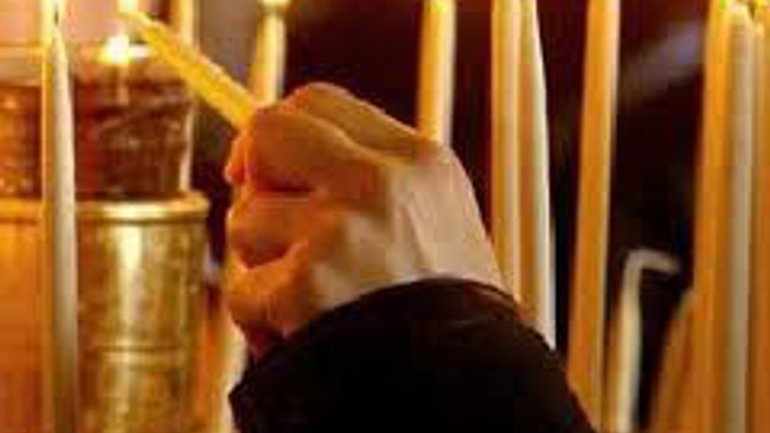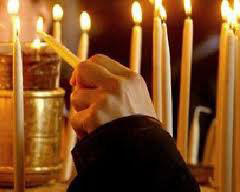U.S. State Department Study Finds Religious Discrimination in Ukraine

 The legislation of Ukraine contains contradictory provisions complicating the registration of religious groups. The law requires the passage of a complex dual registration for any religious organization to receive status as a legal entity.
The legislation of Ukraine contains contradictory provisions complicating the registration of religious groups. The law requires the passage of a complex dual registration for any religious organization to receive status as a legal entity.
This is stated in the annual report on the status of religious freedom in the world in 2012, which the Bureau of Democracy, Human Rights and Labor of the U.S. Department of State presented on May 20, the Institute for Religious Freedom reports.
“Senior representatives of major religious groups and religious observers voiced concern about the adoption of amendments to a core law on religion that expanded government oversight of religious activity. Religious leaders noted that the government drafted and approved the bill without taking their position into account,” reads the report.
Moreover, there is no legal way to provide legal status to nationwide religious associations. As a result, such associations cannot own property, as opposed to the religious organizations that they unite.
It also notes that the Law of Ukraine "On Freedom of Conscience and Religious Organizations" (Article 21, Section 5) requires that religious organizations apply to local authorities at least ten days in advance for permission to hold religious services and ceremonies in public spaces. These rules of the law contradict Article 39 of the Constitution of Ukraine and violate the rights of believers to freedom of peaceful assembly.
In Ukraine there are problems with the restitution of former church property and other religious property confiscated by the Communist regime. The government continued to facilitate the return of communal property to some religious organizations, but often this process is lengthy.
Along with the presence of some problems, the U.S. State Department notes of the protection of religious freedom at the level of the Constitution and other laws of Ukraine, and in practice the government generally respects religious freedom. This trend has not changed significantly during 2012, although local authorities sometimes take one side in disputes between religious organizations.
The report noted reports of societal abuses or discrimination based on religious affiliation, belief, or practice. These included cases of assault, anti-Semitism, anti-Muslim discrimination and discrimination against some Christian denominations. There were also reports of vandalism of religious property.









